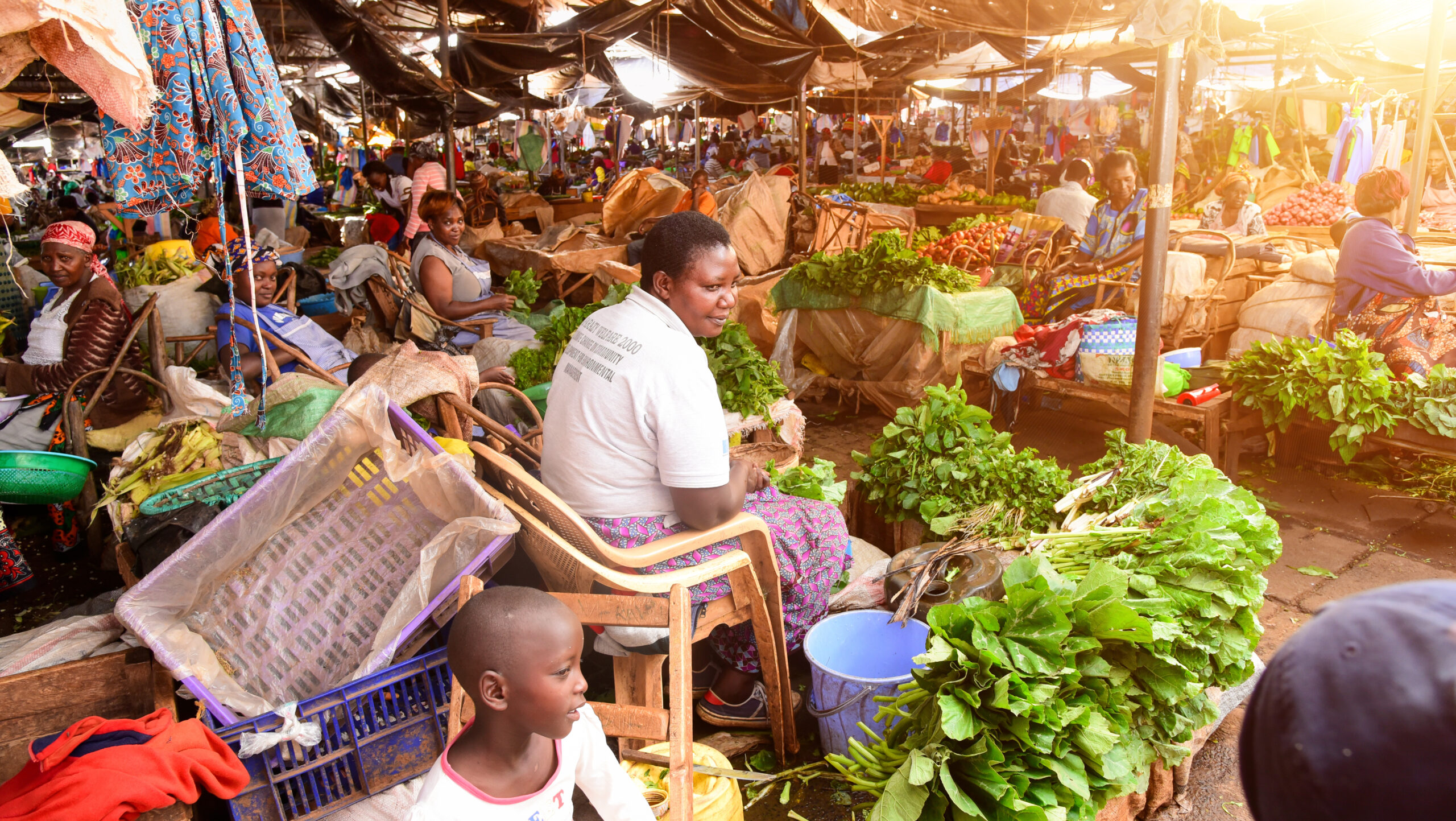Global crises, such as the 2007- 2008 spike in food prices, tend to impact each location in a unique way. In Yemen, the triple global crisis in food, fuel, and financial markets has underscored its precarious food supply from abroad and its trade imbalance characterized by declining oil exports and rapidly increasing food imports.
Yemen is among the 10 most food insecure countries in the world, with almost one-third of its people consuming insufficient calories and over half of its children suffering from malnutrition. Diminishing oil reserves present a looming threat to the oil-dependent economy. IFPRI is working with the Government of Yemen to assess conditions and develop a national strategy to improve food security.
IFPRI researchers are employing an innovative framework that regards food security in its many dimensions: It looks at the national and household levels, the number of calories consumed and the extent to which diets are balanced, and measures of child nutrition to gauge whether food is distributed equally within each household. The analysis includes a multi-sector appraisal of Yemen’s economy and its position in the international arena.
A recently published discussion paper identifies the groups that are the most food insecure—most notably, people living in rural areas with no access to land—and the reasons that economic growth does not trickle down and government assistance programs often fail to reach them. It highlights significant inequalities between urban and rural areas and analyzes their causes. Child malnutrition is highly prevalent in rural areas. Young children with many older siblings are more likely to be malnourished, indicating that households distribute food unequally. Nutritional problems are more common among children living with caregivers who consume qat, a popular stimulant and appetite suppressant.
Priority areas for policymakers include:
• Reforming an inefficient and financially burdensome fuel subsidy program so that resources can be more effectively directed toward income-generating investments and cash transfers designed to help poor people;
• Diversifying the economy and expanding promising sectors such as manufacturing and tourism;
• Discouraging the production of qat and supporting non-qat agricultural development;
• Addressing depleting water resources by reducing overall groundwater use and redirecting irrigation away from qat production;
• Ensuring a reliable food supply from abroad through international commitments to regulate agricultural markets when a price spike seems imminent.







